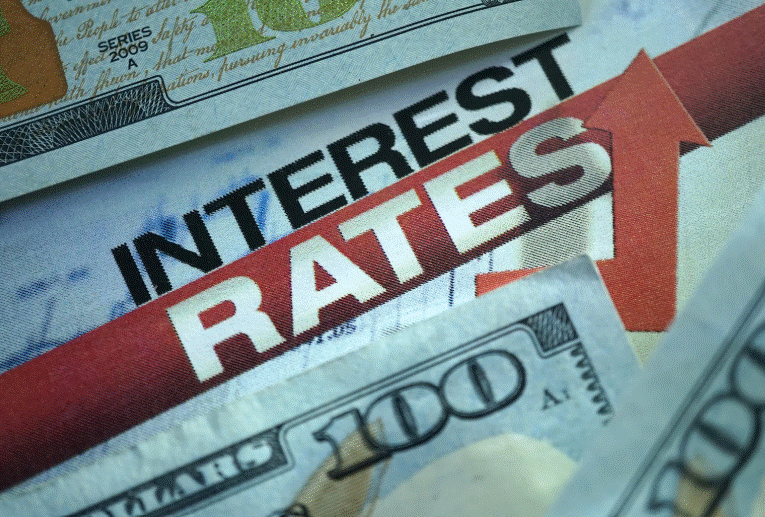As a homeowner, your mortgage is probably one of your biggest monthly costs. Especially in your first few years, you spend more money each month on interest than you do on reducing the balance on your home loan!
Refinancing your mortgage can be a big help because it lets you get a lower interest rate that can reduce your monthly payment, help you pay less total interest, or often, both of those. However, you should consider timing factors to make sure you're making a good financial decision.
Do you meet the below criteria? If so, now may be the perfect time to refinance.
Planning to keep the new mortgage at least several years:
Closing costs on your refinance will probably be between $3,000 and $4,000. You probably don't want to refinance unless you will be able to save enough money on interest payments to make up for your up-front costs. Compare the schedule of payments for your current mortgage and the proposed refinance. In particular, look at how much of each payment goes toward interest. Make sure you are planning to keep the new mortgage long enough to see interest savings at least equal to your closing costs.
Have money to pay closing costs out of pocket:
You probably want to have enough cash to pay the closing costs. If you don't, some lenders allow you to wrap the closing costs into the loan. They might do this by increasing the loan amount so you borrow the closing costs, or by slightly increasing your interest rate for the refinanced loan and giving a one-time cash rebate to cover closing costs. Either of these methods of wrapping closing costs into the loan is helpful, but can cost you. You will have a larger monthly payment and higher total interest cost than if you had paid closing costs out of pocket.
Have lots of equity in your home:
Lenders want to see that the amount you owe on your mortgage is significantly less than your home's value in today's real estate market. If your mortgage amount is more than 80% of your home's appraised market value, you will probably have to pay mortgage insurance. This usually adds $50 or more to your monthly payment! If this is something you aren't paying in your current loan, you might be better off waiting until you have at least 20% equity and can avoid mortgage insurance.
Able to choose a shorter mortgage term:
The best refinancing deals come when you can refinance to a less than 30 years loan. For example 15 years fixed and 10 years fixed loans have rock-bottom interest rates that can save you a lot on interest. Now may be a great time to refinance if you have more than 15 years left on your current mortgage but you can afford the payment on a 15-year mortgage. You can lock in the low rate, while also knocking a few years of monthly payments off the end of your repayment term.
Market interest rates are low:
The last timing factor to consider is one in the economy, rather than your personal situation. You want to lock in your new interest rate when interest rates are at their lowest point. In the last year, average interest rates on 30-year fixed-rate mortgages have dropped from about 4.4% to 4.0%, but rates might begin going up again soon. That is why now is such a good time to refinance your mortgage at a low interest rate that will save you thousands of dollars over the coming years!





